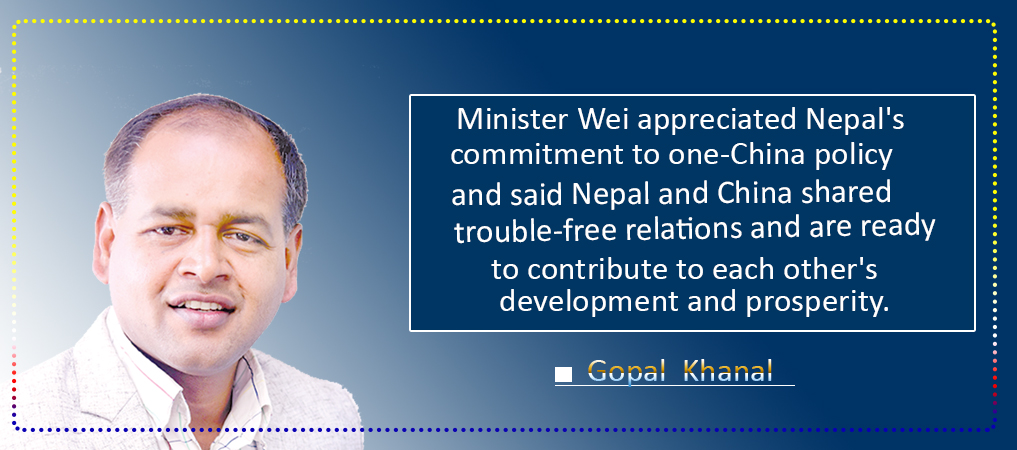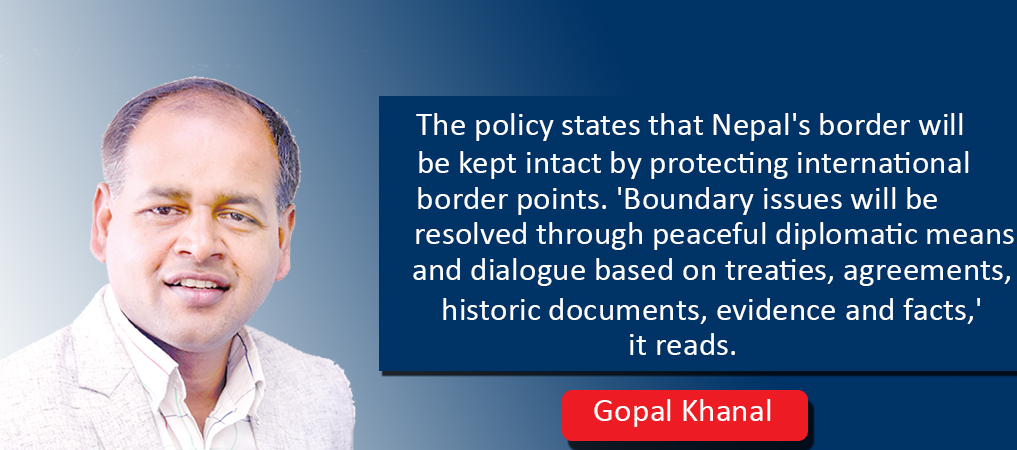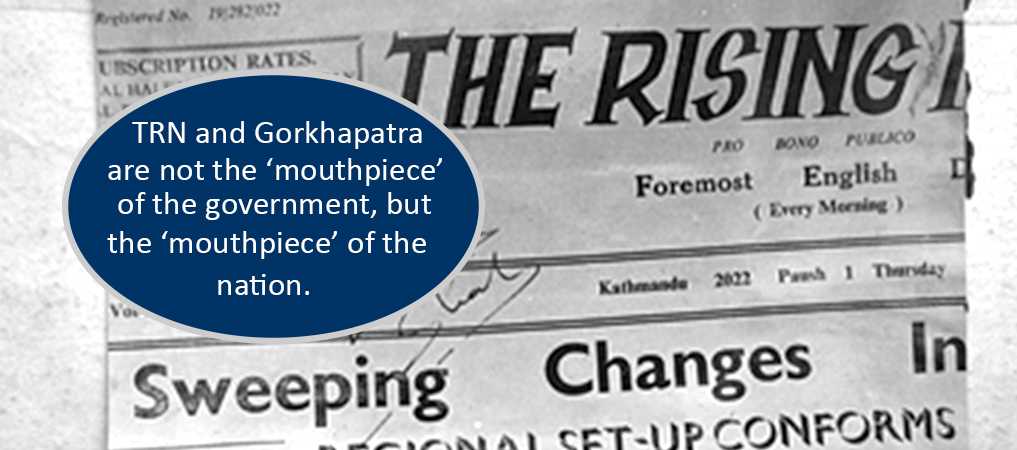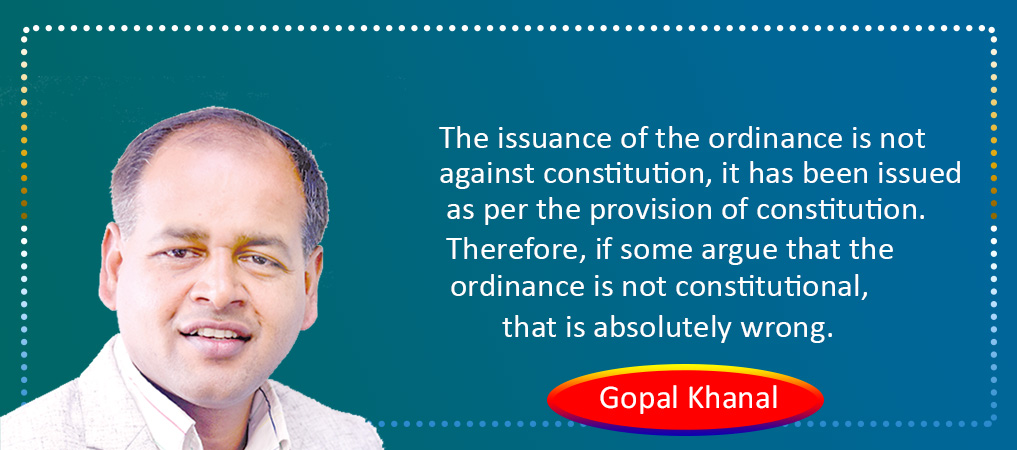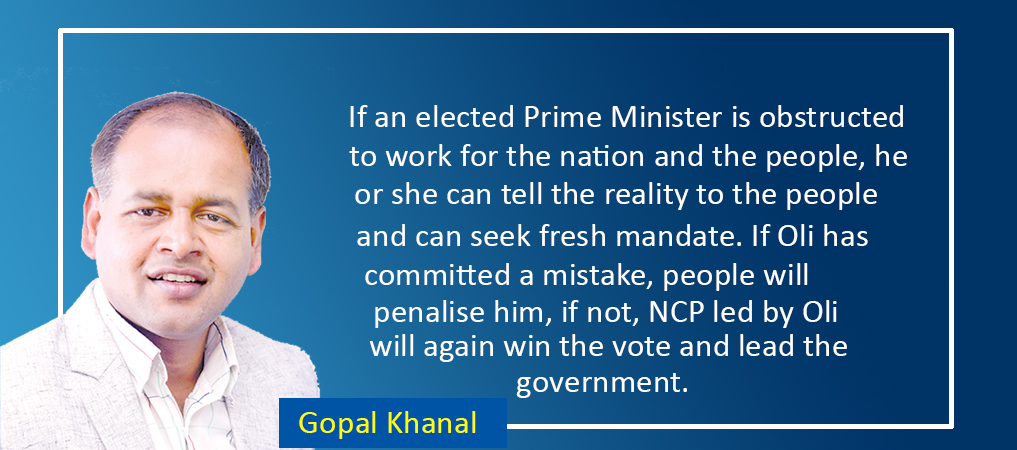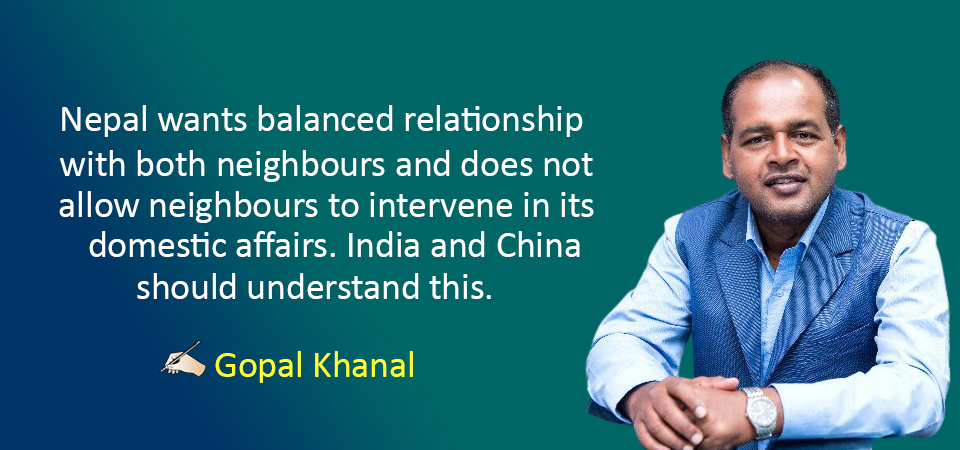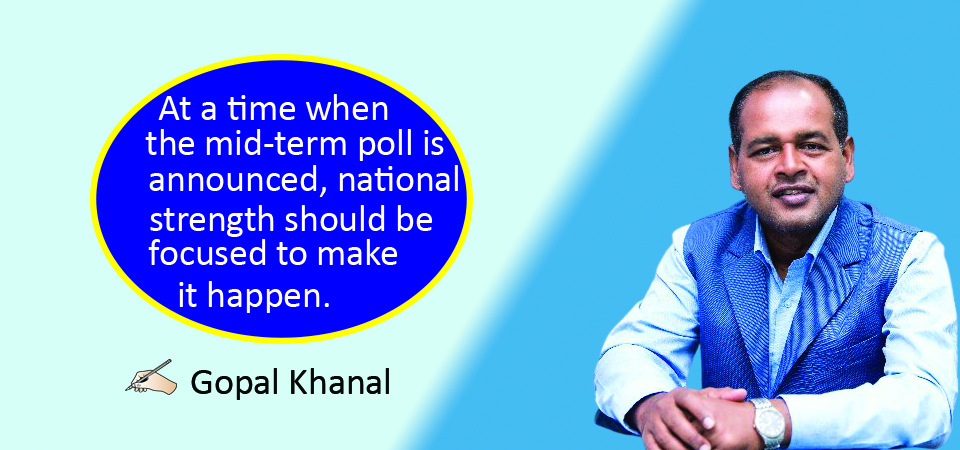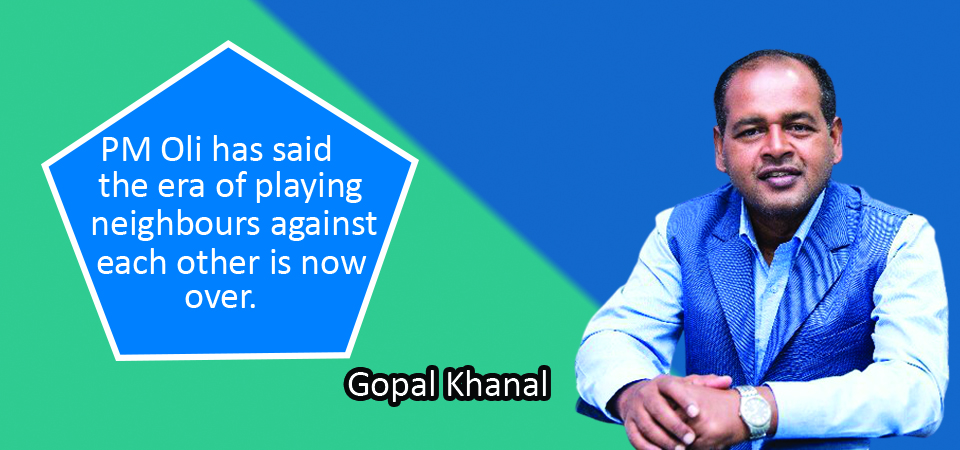World Witnessing Democracy Die

Gopal Khanal
International apathy towards Myanmar's current horrific situation has raised many questions not only about the future of Burmese people but also about the eroding trust in representative democracy.
The death toll from military crackdown on anti-coup demonstration has reached 510, the Assistance Association for Political Prisoners (AAP) confirmed on March 30. The true toll might be higher. But, international community failed to put required pressure on the military ruler. It seems that the so-called democratic world has been a witness to this crime against humanity.
On February 1, 2021, Myanmar's military staged a coup apprehending the democratic leaders including democracy icon Aung San Suu Kyi and imposed the military rule. This worst state came after the military refused to accept the results of November 2020 national elections which were a major setback for the juntas. As Suu Kyi's National League for Democracy (NLD) had swept the election, army generals felt that their continued and unchallenged control over power came under threat despite the gradual transition to democracy.
The army generals rejected electoral outcomes alleging that NLD was involved in election fraud. But, the domestic and international election observers have dismissed the army's claim of poll fraud. Then, the Myanmar's military took control of power, removing government ministers and imprisoning Suu Kyi, the de-facto head of the state, and country's President Win Myint.
Why did senior army generals feel threatened from the poll results? The present constitution allows the military to nominate 25 per cent members to the national parliament. It has also allowed the military's party to contest the polls. But, the military party won fewer seats than that of the 2015 polls reducing its presence in the parliament. Contrary to their expectations, Suu Kyi was becoming popular among the people. Sensing that they will have not stakes in democratic Myanmar, the army struck down the democratic polity.
Again, Suu Kyi had promised reforms in the constitution to complete Myanmar's transition to democracy. The election gave her that mandate. The army officials thought Suu Kyi would amend the constitution and end the provision of nominating army in the parliament.
Democracy Dying
Located in geopolitically significant location, Myanmar borders with India, China, Bangladesh and Thailand and moreover it possess still virgin territory to be explored in terms of rich resources. The second largest economy of the world and Asian giant China has huge investment in mega projects in Myanmar. Therefore, Beijing has been only looking for the protection of its investment.
It should not be mentioned that China has the least interest in democracy. Thus, China will back the military rule till the last moment. The spokesperson of China's Foreign Ministry has said the developed political situation of Myanmar was domestic issue of Myanmar and it should be solved domestically. We can simply assume that China can handle the Myanmar's current volatility strategically in its favour demonstrating cautiousness.
Even the largest liberal democracy of the world - India has not condemned the military coup, it has just reacted diplomatically. On February 1, India said, “We have noted the developments in Myanmar with deep concern. India has always been steadfast in its support to the process of democratic transition in Myanmar.”
India should have threatened the military rulers of the Myanmar and asked to release the democratic leaders, including Suu Kyi. But, it further said, “We believe that the rule of law and the democratic process must be upheld. We are monitoring the situation closely.” This remains the India's stand on Myanmar till date.
India shares a 1600 kilometre-long porous border with Myanmar. People of Mizoram have ethnic and family ties with the countries in Myanmar. Leaving aside its democratic credentials for which New Delhi boasts of, India was among eight countries that attended a military parade in Myanmar's capital Naypitaw on 27 March to mark Tatmadaw (Myanmar's Military) Day.
The other countries to attend the Tatmadaw's annual parade were China, Russia, Pakistan, Bangladesh, Vietnam, Laos and Thailand. India's attendance was significant in the view that it was the only major democracy to offer some kind of validity to the military coup in that country. India has completely lost its democratic character here in the case of Myanmar. While China, Vietnam, Laos and Thailand don't have functional democracy, Russia and Pakistan have their own interest and issues that make their democratic processes questionable.
It is said India does not want to irritate the military rulers since it further pushes Myanmar towards China. Reports have found that Indian army and Myanmar's military have a long history of fighting insurgency together. India has immensely benefitted from cooperation of Myanmar's military in bringing peace to the conflict-prone north-eastern states.
Some developed democratic countries have condemned the military coup and several countries have signed a letter criticizing military and calling for restoration of democracy. But, China and India were not signatories to the letter.
Nepal’s position
Nepal has clearly spoken against the military coup and asked the immediate release of imprisoned democratic leaders. The Ministry for Foreign Affairs had issued a statement standing firmly in favour of democracy. Prime Minister KP Sharma Oli has also spoken strongly to restore democracy in Myanmar asking the military leaders to hand over power to the elected representatives.
If the current politics is seen through the prism of political philosophy, it can be said that the present world is anarchistic world and the countries are preoccupied with protecting national interest. The realist school of thought in international politics and diplomacy is different than ideal state or a utopian government. In today's politics, expectations of reviving Platonic state are futile and almost impossible.
Therefore, Myanmar's democracy has been the victim of the realist world, where the global and regional players have only been guided by their vested interest, not the idealistic and ideological world they represent.
(Khanal is consulting editor at Gorkhapatra Corporation. khanalbro@gmail.com)
Recent News

Do not make expressions casting dout on election: EC
14 Apr, 2022
CM Bhatta says may New Year 2079 BS inspire positive thinking
14 Apr, 2022
Three new cases, 44 recoveries in 24 hours
14 Apr, 2022
689 climbers of 84 teams so far acquire permits for climbing various peaks this spring season
14 Apr, 2022
How the rising cost of living crisis is impacting Nepal
14 Apr, 2022
US military confirms an interstellar meteor collided with Earth
14 Apr, 2022
Valneva Covid vaccine approved for use in UK
14 Apr, 2022
Chair Prachanda highlights need of unity among Maoist, Communist forces
14 Apr, 2022
Ranbir Kapoor and Alia Bhatt: Bollywood toasts star couple on wedding
14 Apr, 2022
President Bhandari confers decorations (Photo Feature)
14 Apr, 2022




